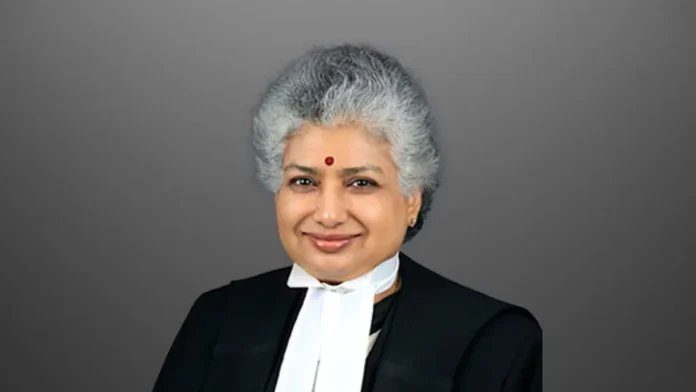The Supreme Court today dismissed a Special Leave Petition (SLP) filed by the National Commission for Protection of Child Rights (NCPCR), which had challenged a 2022 judgment of the Punjab and Haryana High Court. The high court had upheld the right of a 16-year-old Muslim girl to marry a Muslim man under Muslim Personal Law and had also granted protective relief to the couple amid threats
A bench comprising Justices B.V. Nagarathna and R. Mahadevan observed that the NCPCR lacked the legal standing, or locus standi, to challenge the high court’s order. “How can the NCPCR object to an order that safeguards the life and liberty of minors?” the court queried, expressing surprise over the child rights body contesting a decree meant to protect the couple .
During proceedings, the NCPCR’s counsel argued that allowing marriage under personal law for a girl below 18 raises significant legal questions especially in light of secular statutes like the Prohibition of Child Marriage Act (PCMA) and the Protection of Children from Sexual Offences (POCSO) Act, both of which designate 18 as the age for valid consent . However, the bench determined no such legal issue surfaced from the case and advised the NCPCR to raise its concerns in a more fitting context, thereby rejecting the SLP.
The court also dismissed three additional petitions from the NCPCR that sought to overturn similar high court decisions.
To provide context, the original High Court ruling stemmed from a habeas corpus petition filed by the Muslim man, claiming the girl was being kept in illegal detention at home and that they wished to marry. The High Court ruled that since the girl had attained puberty, she was of marriageable age under Muslim Personal Law. It relied on Article 195 of Sir Dinshah Fardunji Mulla’s Principles of Mohammedan Law, which presumes puberty at 15 if not otherwise proven.
The NCPCR had countered that such reasoning contradicts secular law and inadvertently sanctions child marriage. The Commission underscored that POCSO does not distinguish between religious customs and criminality: any sexual activity involving minors is punishable, regardless of marital status.
Justice Nagarathna also urged a nuanced understanding of adolescent relationships. She noted that not all teenage unions are predatory and cautioned against treating them as criminal matters without considering personal circumstance while emphasizing that penalizing romantic relationships can inflict more harm, especially if it involves separating young couples


